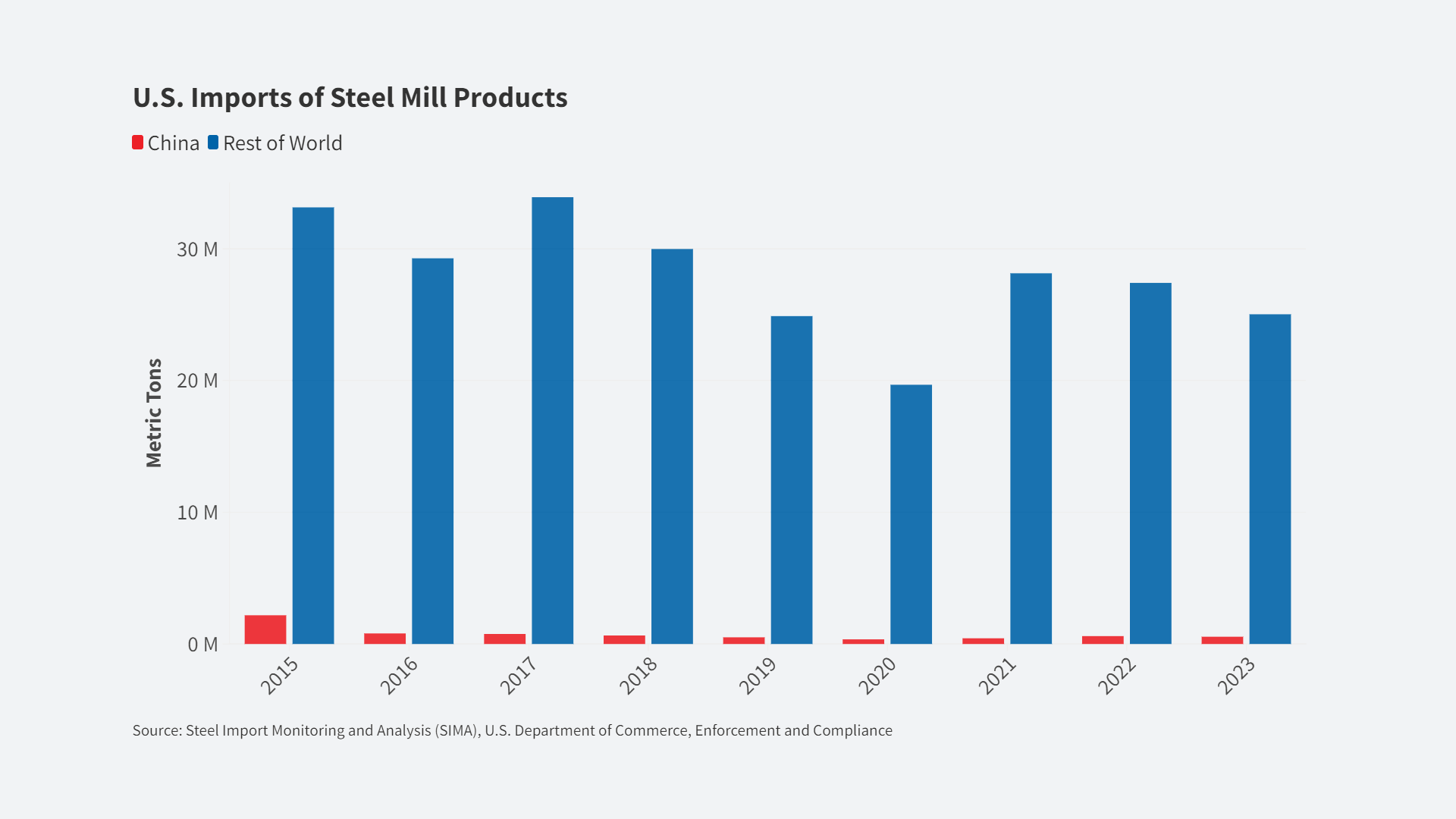
Washington~ In his first day of office, President Trump signed an executive order to withdraw the US from Trans-Pacific Partnership (TPP) negotiations.
“It’s a great thing for the American worker, what we just did,” said President Trump while signing order.
This executive order fulfills a campaign promise to rewrite America’s trade policy during his first days as president. CPA supports the executive order and applauds President Trump for holding true to his campaign promises.
“President Trump’s fulfillment of his campaign promise to withdraw from the TPP shows he is serious about trade reform,” said Michael Stumo, CEO of CPA. “We look forward to working with the administration to balance trade, grow our manufacturing and agricultural supply chains and protect our sovereignty.”
“This is very good news as a first step on a long road for bringing jobs in the factory and the farm back to the USA,” said Brian O’Shaughnessy, CPA Chief Co-Chair and Co-Chair for Mfg. “The TPP has no language to offset currency manipulation, border adjustable tariffs and extends the power of foreign tribunals to force our country to change our laws to conform to their wishes.”
“TPP would be a ‘more of the same’ in a long line failed trade deals,” said Dan DiMicco, CPA Board of Director. “Trump is right to withdraw and it should not be resurrected.”
CPA and other organizations have drafted a document listing 13 principles that should be included in all future trade agreements:
1. Balanced Trade: Trade agreements must contribute to a national goal of achieving a manageable balance of trade over time.
2. National Trade, Economic and Security Strategy: Trade agreements must strive to optimize value added supply sustained growth
3. Reciprocity: Trade agreements must ensure that foreign country policies and practices as well as their tariff and non-tariff barriers provide fully reciprocal access for U.S. goods and services. The agreements must provide that no new barriers or subsidies outside the scope of the agreement nullify or impair the concessions bargained for.
4. State Owned Commercial Enterprises: Trade agreements must encourage the transformation of state owned and state controlled commercial enterprises (SOEs) to private sector enterprises. In the interim, trade agreements must ensure that SOEs do not distort the free and fair flow of trade – throughout supply chains – and investment between the countries.
5. Currency: Trade agreements must classify prolonged currency undervaluation as a per se violation of the agreement without the need to show injury or intent.
6. Rules of origin: Trade agreements must include rules of origin to maximize benefits for U.S. based supply chains and minimize free ridership by third parties. Further, all products must be labeled or marked as to country(s) of origin as a condition of entry.
7. Enforcement: Trade agreements must provide effective and timely enforcement mechanisms, including expedited adjudication and provisional remedies. Such provisional remedies must be permitted where the country deems that a clear breach has occurred which causes or threatens injury, and should be subject to review under the agreements’ established dispute settlement mechanisms.
8. Border Adjustable Taxes: Trade agreements must neutralize the subsidy and tariff impact of the border adjustment of foreign consumption taxes.
9. Perishable and Cyclical Products: Trade agreements must include special safeguard mechanisms to address import surges in perishable and seasonal agricultural product markets, including livestock markets.
10. Food and Product Safety and Quality: Trade agreements must ensure import compliance with existing U.S. food and product safety and quality standards and must not inhibit changes to or improvements in U.S. standards. The standards must be effectively enforced at U.S. ports.
11. Domestic Procurement: Trade agreements must preserve the ability of federal, state and local governments to favor domestic producers in government, or government funded, procurement.
12. Temporary vs. Permanent Agreements: Trade agreements must be subject to renegotiation and renewal. Renewal must not occur if the balance of benefits cannot be restored.
13. Labor: Trade agreements must include enforceable labor provisions to ensure that lax labor standards and enforcement by contracting countries do not result in hidden subsidies to the detriment of U.S.-based workers and producers.
The Coalition for a Prosperous America is a nonprofit organization representing the interests of 2.7 million households through our agricultural, manufacturing and labor members.
Contact: Paola Masman, Media Director
202-688-5145 ext 2, [email protected]













